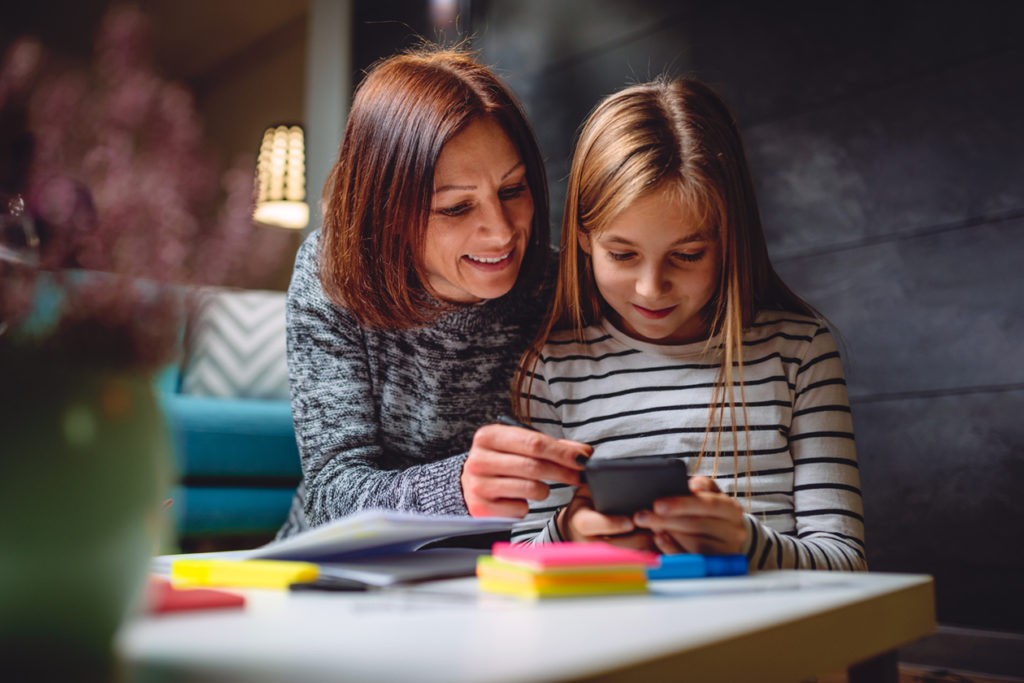The Importance of Raising Digital Citizens
The Importance of Teaching Digital Citizenship to Children for Future Life Success
We’re all familiar with the idea of being a citizen of a country, but have you heard of “Digital Citizenship?” This term describes ethical values and best practices of internet users to participate fully in our communities and make smart choices on and offline in this current digital age.
What does digital citizenship really mean and how can we teach our children to be safe and fair digital ambassadors?
What is Digital Citizenship?
Digital Citizenship, as defined by Future Learn is “the ability to safely and responsibly access digital technologies, as well as being an active and respectful member of society, both on and offline”.
The International Society for Technology in Education (ISTE) takes this definition a step further, outlining five key areas of Digital Citizenship. ISTE describes good digital citizens as being:
- Inclusive: open to hearing and respectfully recognizing multiple viewpoints and interacting with others online with respect and empathy.
- Informed: evaluate the accuracy, perspective, and validity of digital media and social network posts.
- Engaged: use the benefits of digital channels and technology for civic engagement, to solve problems and be a force for good in both physical and virtual communities.
- Balanced: make informed decisions about how to prioritize time and activities online and offline.
- Alert: be aware of your online actions and know how to be safe and create safe spaces for others online.
With these five digital citizenship pillars in mind, we can begin teaching our children about online safety and how to be a safe and ethical digital citizen.

How can I help my child become a good Digital Citizen?
First, as adults we need to become good Digital Citizens. Children are always watching, and they’ll learn from how you conduct yourself online. When it comes time for them to have access to technology and the internet independently, they’ll have a strong role model to model their own relationship with digital content on.
Always engage with the digital world responsibly, positively, and critically. Create safe passwords, understand your digital footprint, share personal information appropriately, and be alert and actively aware of possible phishing emails.
Next you can begin purposefully introducing your children to elements of Digital Citizenship. This list by Common Sense Media for parents of children 0-2 years old is a great place to start:
- Choose real people and real world over screens.
Ask yourself: Instead of turning on the television or handing my child the phone, is there another way I can encourage them to play on their own? Can an older sibling play with them? Is there a simple activity I can set up? - Watch and play together, and talk about it!
Ask yourself: When my young child is watching a TV show or video, or playing an app, is there a sibling or adult who can watch or play with them? Ask them questions about what they’re watching to engage their brain for digital health. - Choose short and simple TV shows, videos, or apps.
Ask yourself: Is the TV show, video, or app fast paced or loud? Does it have lots of distracting features? If so, avoid these shows or minimize them in favor of quieter, shorter ones so they can avoid becoming entranced by the screen for long periods. - Think about your own habits.
Ask yourself: Am I distracted by my phone or the television when playing with my child? What are some ‘tech-free times’ I can set for myself and for my family? Remember that your children will learn by your example.
Digital Citizens thrive online and offline
As with any skill or habit, we need to educate students early for success with digital literacy. When it comes to the digital world, it’s within our power as responsible adults to help teach our students to develop healthy, compassionate, and safe habits.
Many teens spend nine hours of a day online, and 90% of this age group has at least one form of social media, interacting with dozens, if not hundreds of others regularly. To ensure our children are set-up to survive and thrive in our growing digital world, let’s begin introducing Digital Citizenship practices into our young people’s lives now. This will enable them to make safe online habits that will become second nature as they grow into teens and adults.
Subscribe to stay updated with parenting tips and early learning insights.
